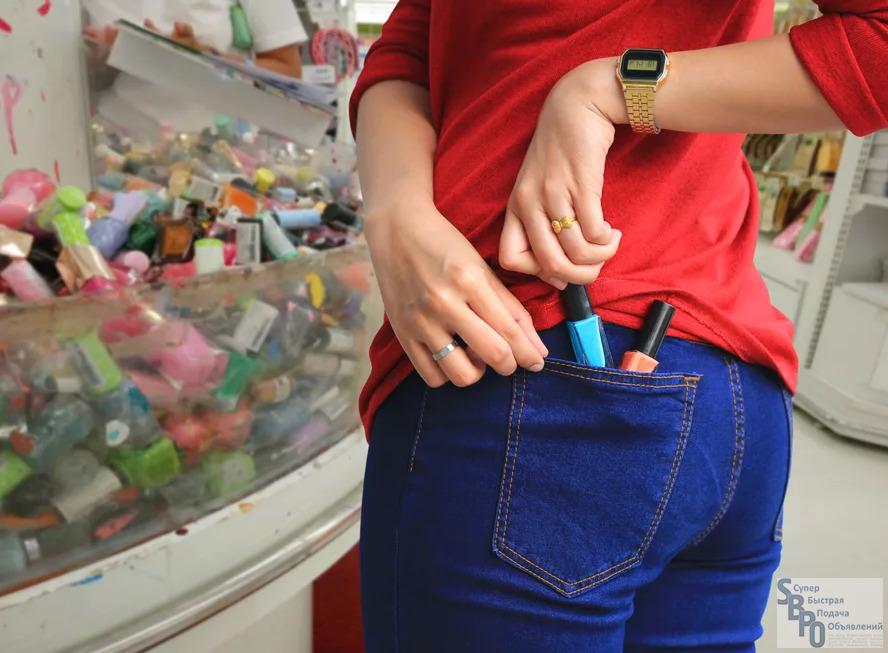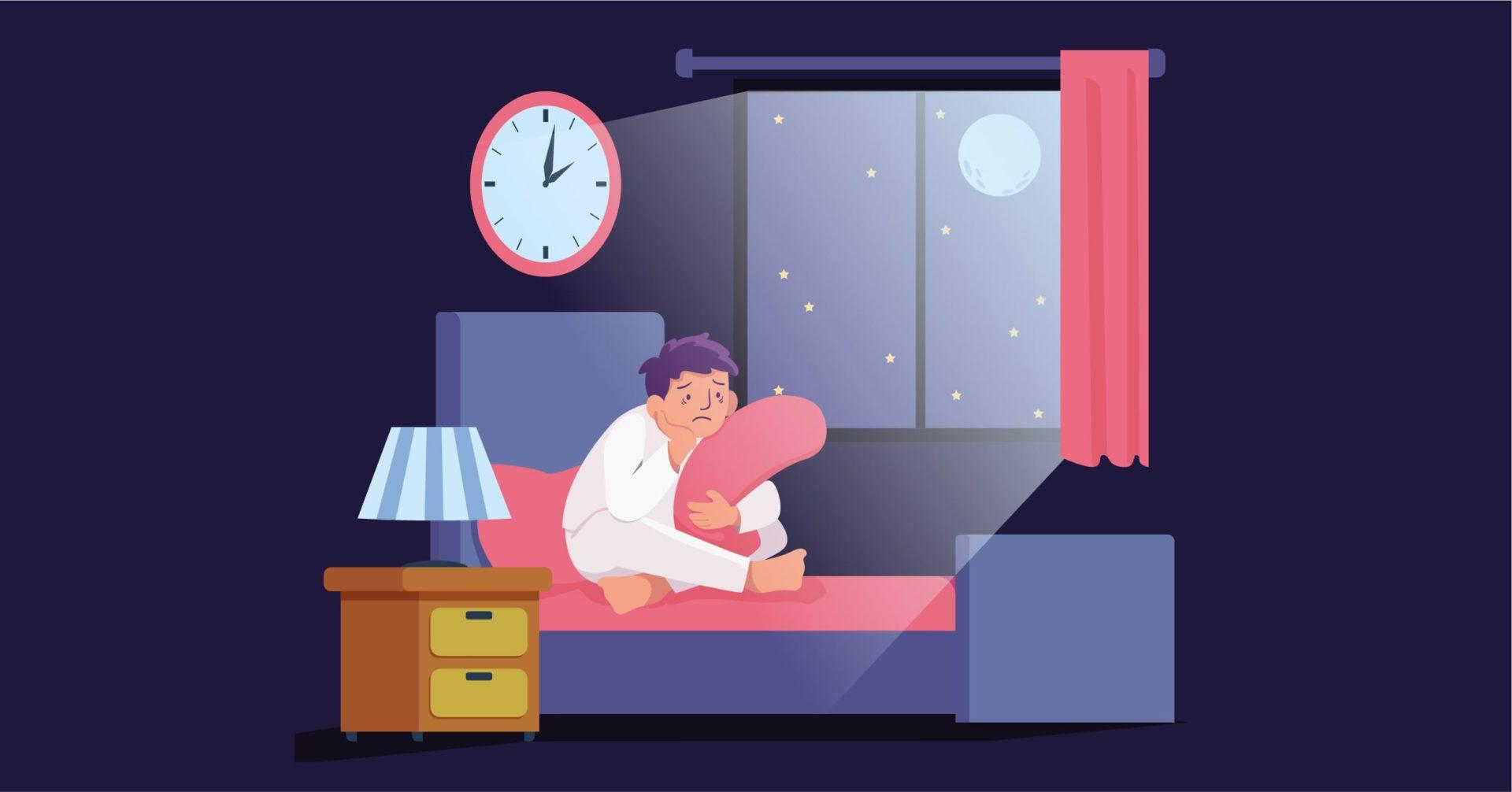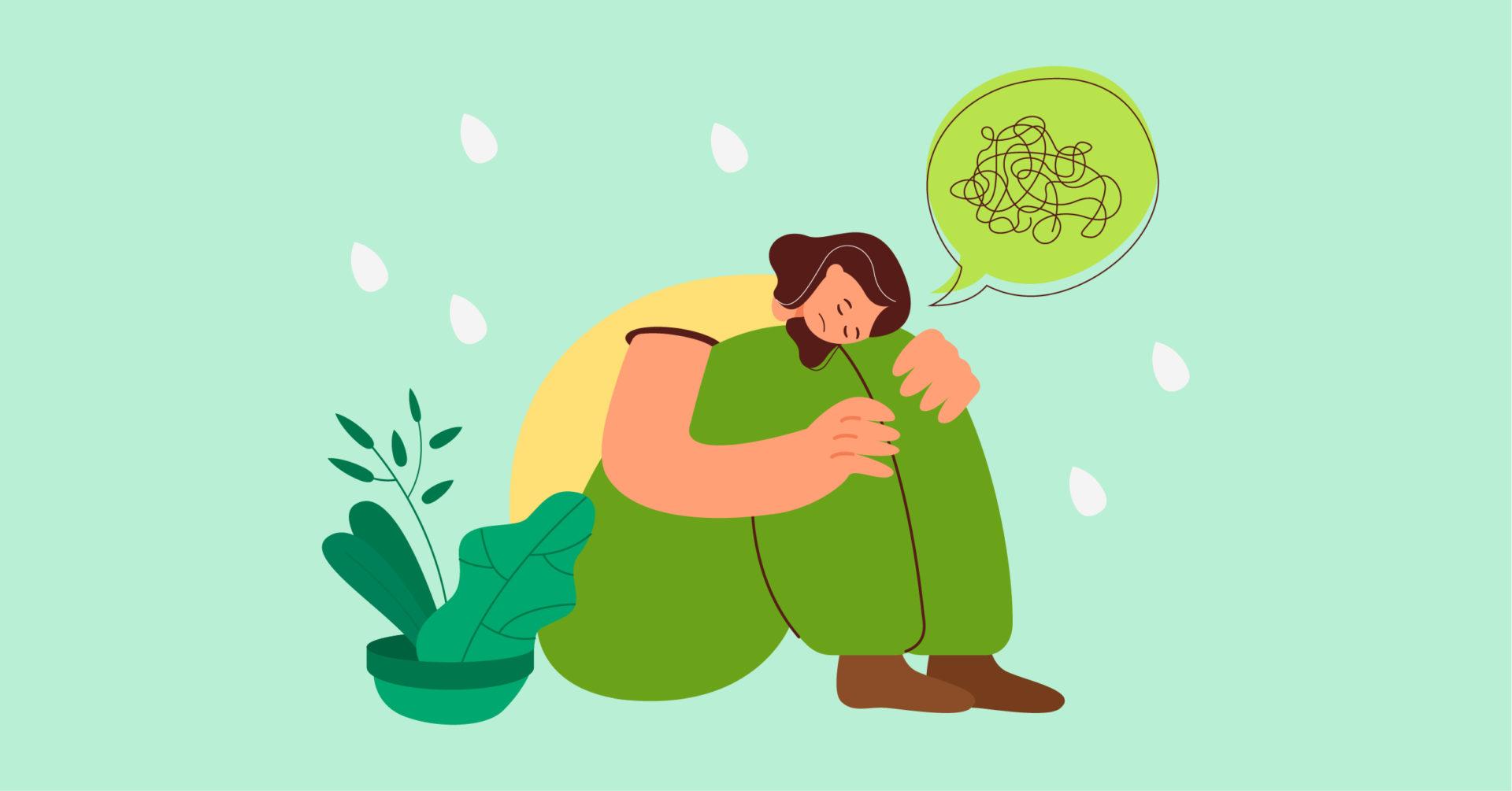Overview
Kleptomania is a disorder characterised by the inability to resist the impulse to steal objects. These objects may be stolen even if they aren’t of any use or value to the person. There may be an increasing feeling of anxiety and stress before stealing but a feeling of relief after acquiring the object.
Kleptomania isn’t usually diagnosed and is often accompanied with other disorders such as anxiety disorders or eating disorders, substance abuse and alcohol abuse. It’s causes, however, still remain unknown.
Common Signs and Symptoms
Kleptomaniacs often complain about urges. They have intense urges or impulses to steal things. These things may or may not be of value to them. It doesn’t matter if the object is expensive or cheap. The stolen objects may be affordable. They may discard the object. Some patients hoard the objects or return them superritiously.
Their impulse to steal doesn’t stem from a desire to hurt someone or vengeance or jealousy. It is not premeditated. They may report feelings of anxiety before committing the theft but feel pleasure, relief and gratification after they steal the object.
Kleptomaniacs may feel guilty of stealing the objects and may get quite apprehensive about the situation.
Risk Factors
There are no known causes of kleptomania. The prevalence of kleptomania is also low. However, some papers suggest that it is underdiagnosed. It is often accompanied with other disorders such as anxiety disorders, eating disorders and obsessive compulsive disorders.
Etiological studies suggest repressed emotions, genetic predisposition, authoritarian parenting style, family dysfunction, etc. as risk factors associated with kleptomania. Families which already have patients with mood disorders, anxiety disorders, impulse control disorders are often at risk to have kleptomania in the family.
From a psychodynamic perspective, when a person’s emotional needs aren’t met or repressed for a really long time, they may find stealing as a relief and quite gratifying as an outlet for their repressed childhood emotions and trauma.
Diagnosis
To be diagnosed with kleptomania, following criteria must be met:
- There is a persistent impulse to steal objects which aren’t of personal use or for their monetary value.
- There is marked anxiety before stealing the object.
- There are feelings of pleasure, gratification or relief after stealing the objects.
- The stealing is not committed out of anger, vengeance or is not in response to a hallucination or delusion.
Psychologists are expected to rule out manic episodes or kleptomania under the influence of substance. The disorder shouldn’t be explained by antisocial behaviour or conduct disorder.
Treatment
There is no evidence supporting the various treatment options for kleptomania. However, psychotherapy is always recommended. Psychodynamic therapy, CBT and painting therapy are some of the available options.
Since kleptomania is associated with dopamine, serotonin and opioid systems, some naltrexone trials have shown effects in reducing urges.
Differential Diagnosis
Ordinary theft: Kleptomania should be distinguished from ordinary acts of theft or shoplifting. Ordinary theft is purposeful and is motivated by the usefulness of the object or its monetary worth.
Malingering: In malingering, individuals may simulate the symptoms of kleptomania to avoid criminal prosecution.
Antisocial personality disorder and conduct disorder: Antisocial personality disorder and conduct disorder are distinguished from kleptomania by a general pattern of antisocial behavior.
Manic episodes, psychotic episodes, and major neurocognitive disorder: Kleptomania should be distinguished from intentional or inadvertent stealing that may occur during a manic episode, in response to delusions or hallucinations or as a result of a major neurocognitive disorder.
Comorbidity
Kleptomania may be associated with compulsive buying along with depressive and bipolar disorders, especially major depressive disorder, anxiety disorders, eating disorders, personality disorders, substance use disorders and other disruptive, impulse-control, and conduct disorders.
Specialists
Psychologists and psychiatrists are the specialists to treat kleptomania.
Related Searches
- Pyromania
- Impulse control issues
- Conduct Disorder





